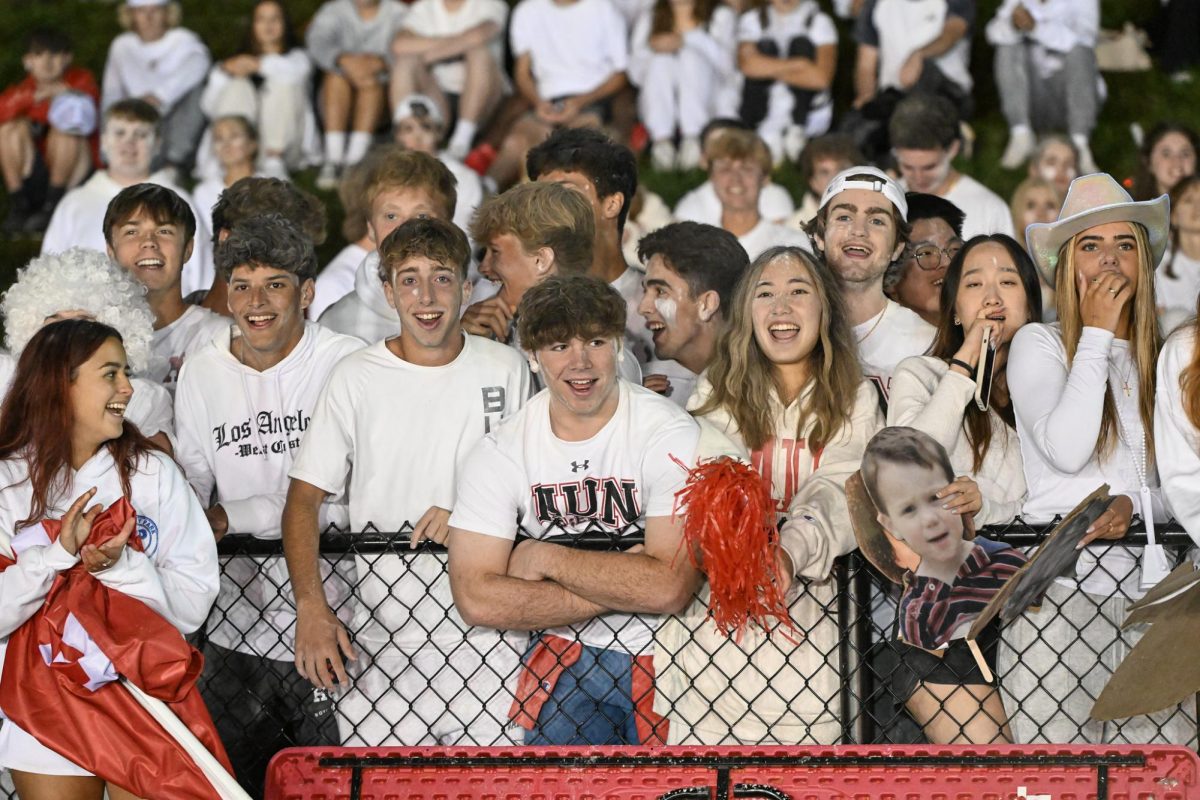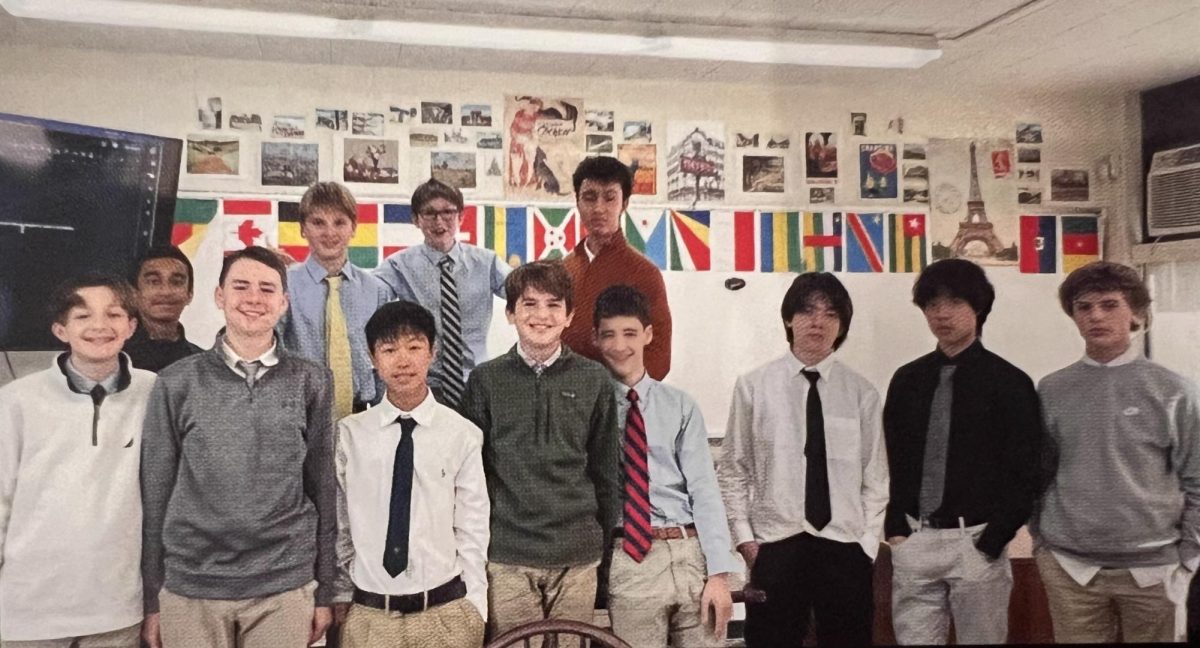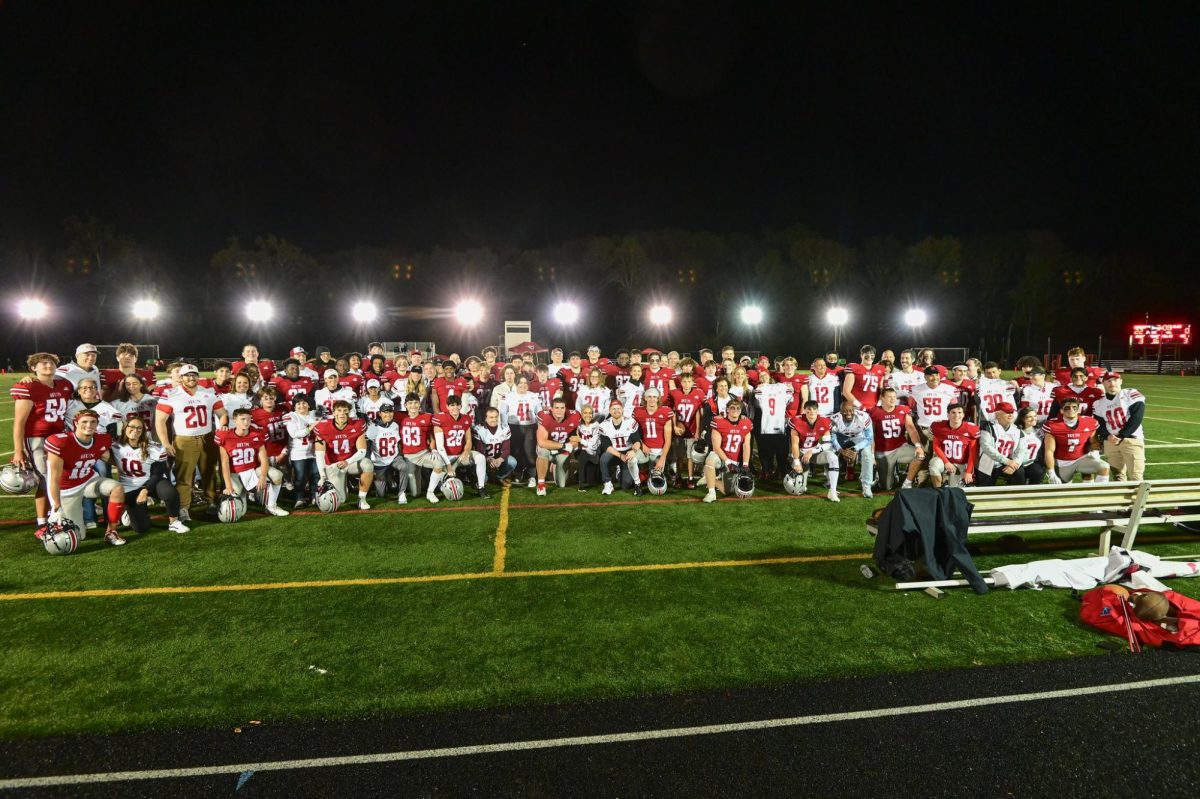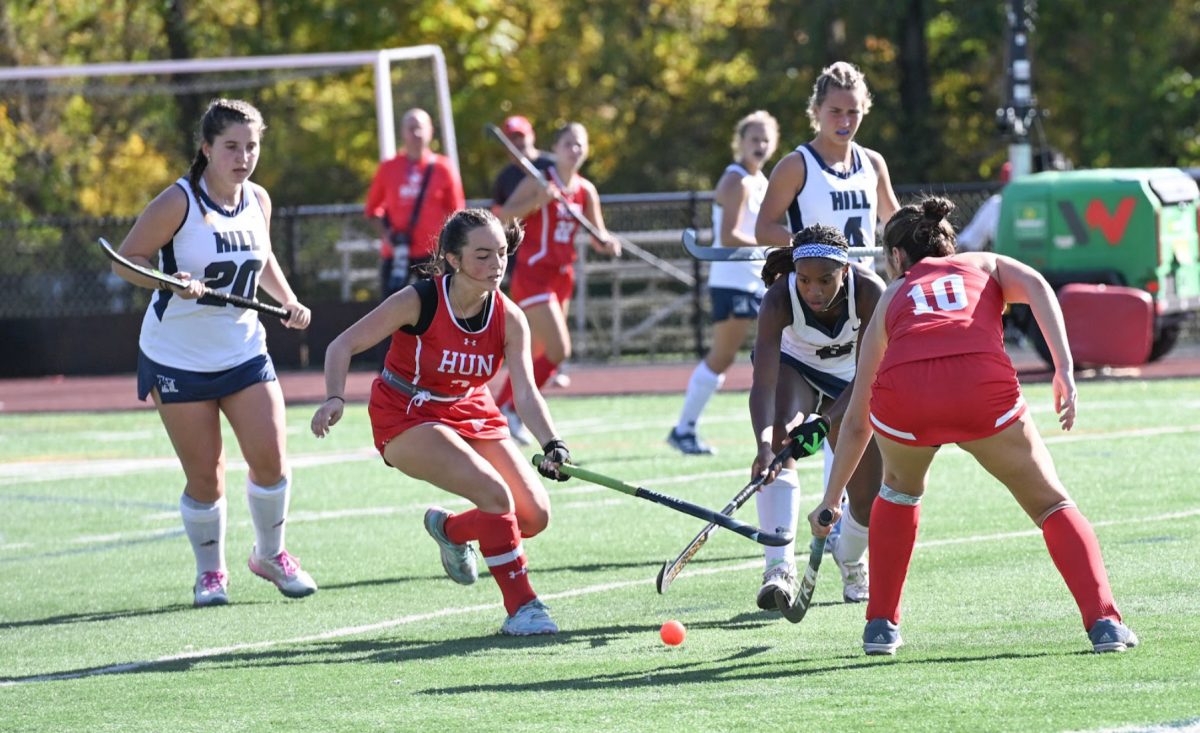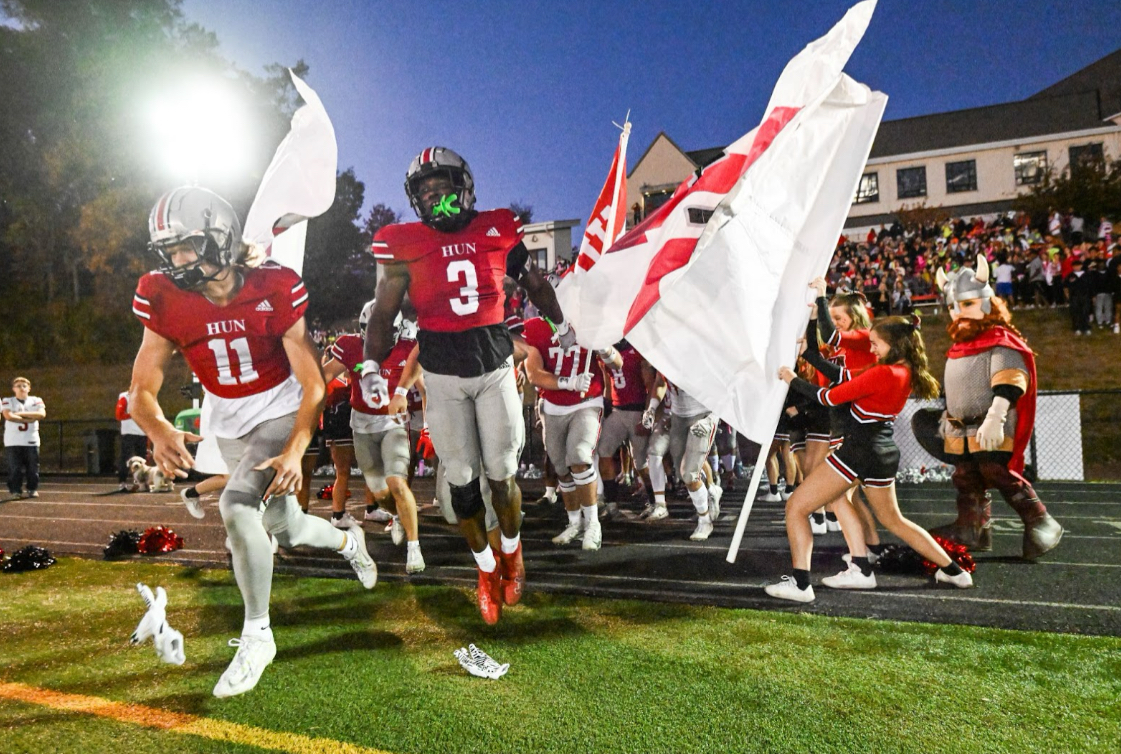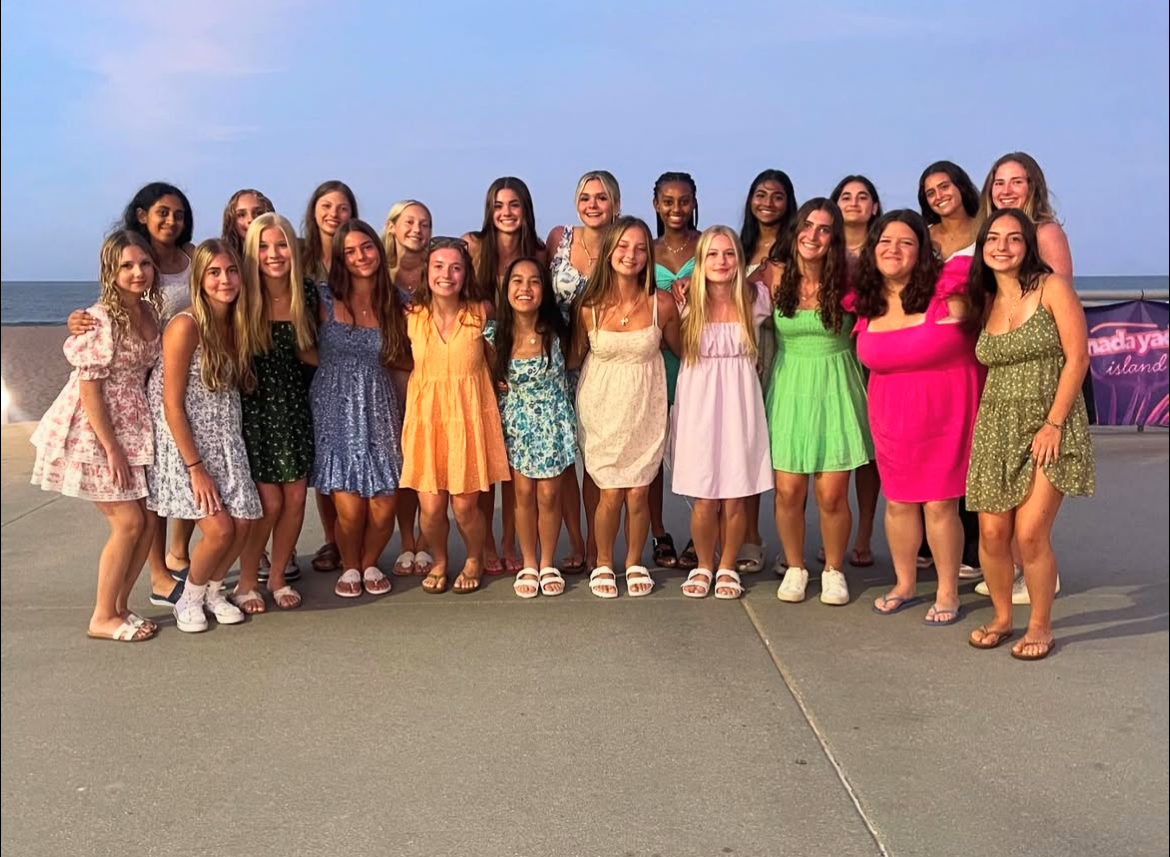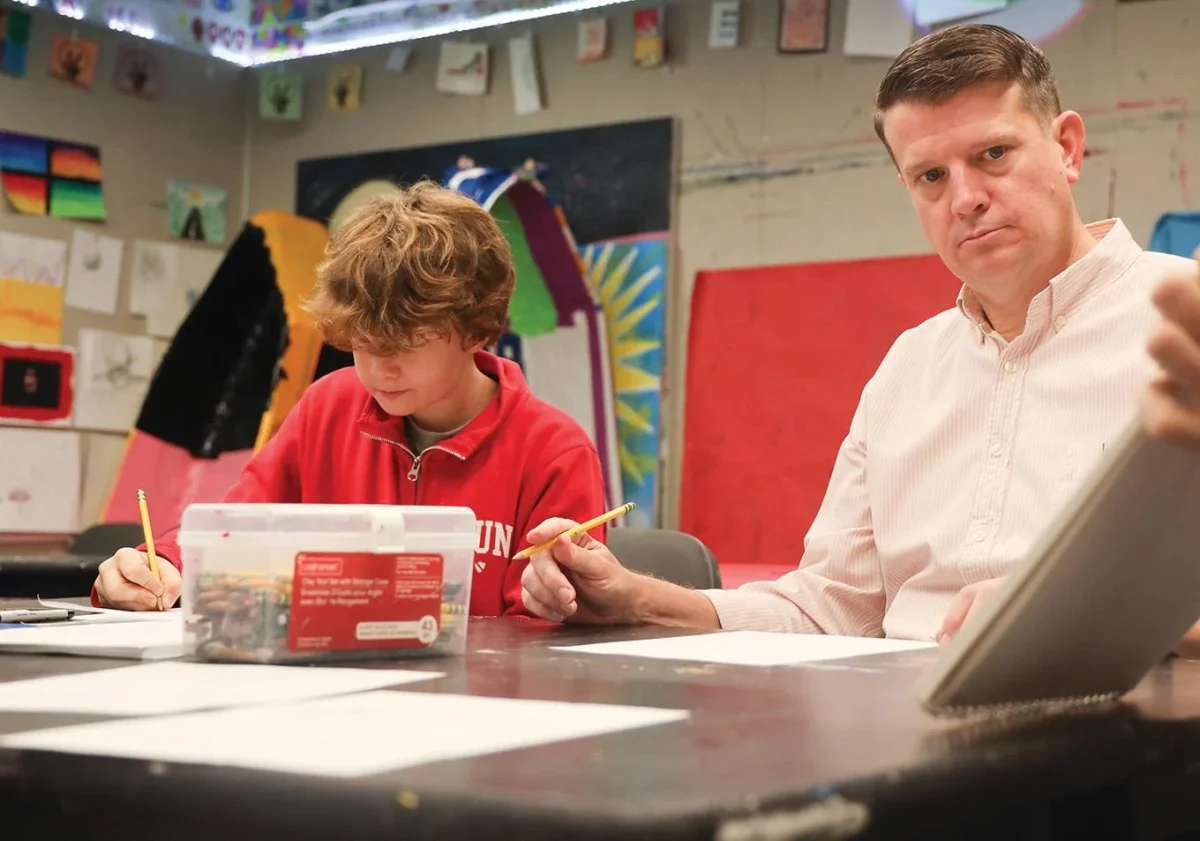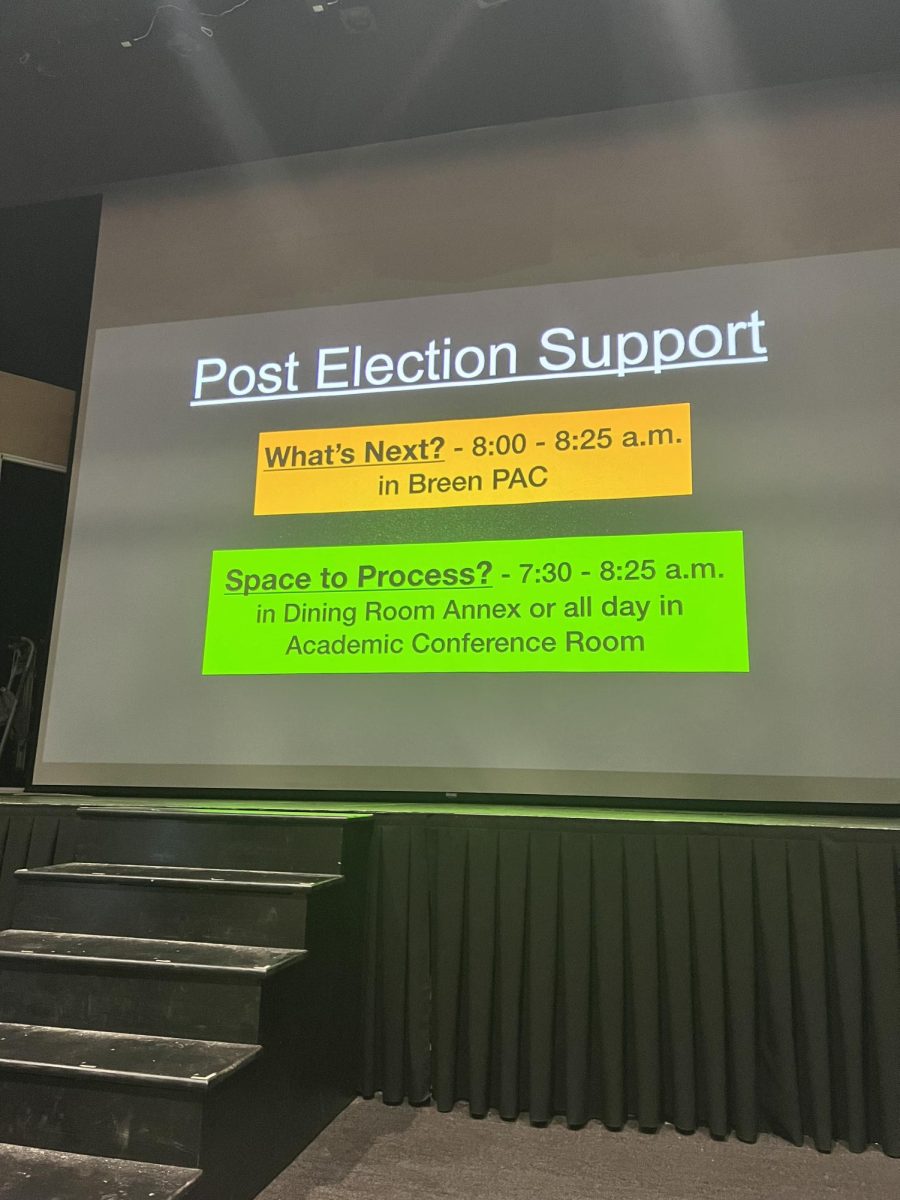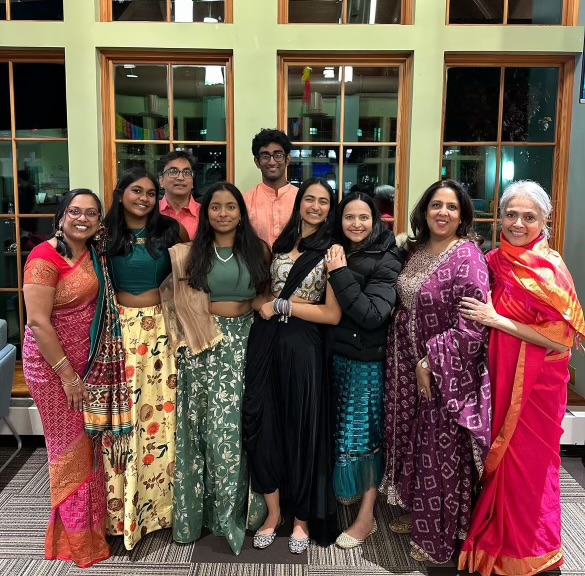As Hun students adjust and adapt to a brand-new phone usage policy, the meaning behind the part of The Hun School’s mission statement to “empower” each student to “thrive in a diverse and ever-changing world” abides by a whole new connotation.
Throughout the previous school year and over the summer, Hun administrators and faculty worked hard to develop new policies regarding phone and social media usage during the school day. New policies include mandating the placing of phones in designated boxes during class and access to certain social media sites restricted, regulating the Wi-Fi from 8:25 a.m. to 3:00 p.m., Monday through Friday.
While it can appear to some students that the changes made to the phone policy have been sudden, a lot of prior thinking and planning went into the design of these new policies.
Head of the Upper School Ryan Hews notes that faculty were “keenly aware of the health side effects of social media and the way in which the algorithms on the software is designed,” explaining that the main thinking behind the policies surrounded the need to “make it clear what our priorities were for students and their families in terms of ‘how do we send a message about what we value most in our community?’”
The reactions to this new policy are relatively unanimous, with many students and faculty showing their support.
Ivanka P ’26 recounts how not having her phone during class has impacted her quality of learning, stating, “I don’t feel like going on my phone anymore, so I actually focus in class.”
When administrators decided how to handle a new phone policy, they encountered multiple different issues. How would students handle not having their phones in class? Would they willingly put their phones away or would they resist?
Dr. Lauren Holm, an English teacher at the Upper School, recounts that “students have been voluntarily putting their phones in the box, and even if they do have it in their bag or something, they’re not on the phone during class.” She emphasizes that overall, she has seen “a dramatic decrease in kids looking at their phones during class time.”
While many students and faculty have reacted positively to the policies regarding phones being taken away during class time, there have been mixed opinions surrounding the blocking of social media apps on Hun Wifi.
Claudia Price, a new ninth grader at The Hun School of Princeton, explains her stance on the social media blockage at school: “I think it’s pretty unnecessary, considering the fact that if you just turn off WiFi, you can access those same social media [sites].”
In contrast to this, faculty such as Dr. Holm have a different perspective when it comes to students not having access to social media during the school day; “I’ve talked to students in the past who were checking social media throughout the day and were stressed out about it. It was making them feel like they were missing things, or missing out.”
While this is the current policy, faculty, administration, and student government are constantly working to find new and better solutions to accommodate the School’s needs.
“I think there could be some additional changes in the future … like [not allowing phones] at certain times … in the dining hall for example,” says Ryan Hews. About the policies themselves, he states, “I think they’re here to stay.”

